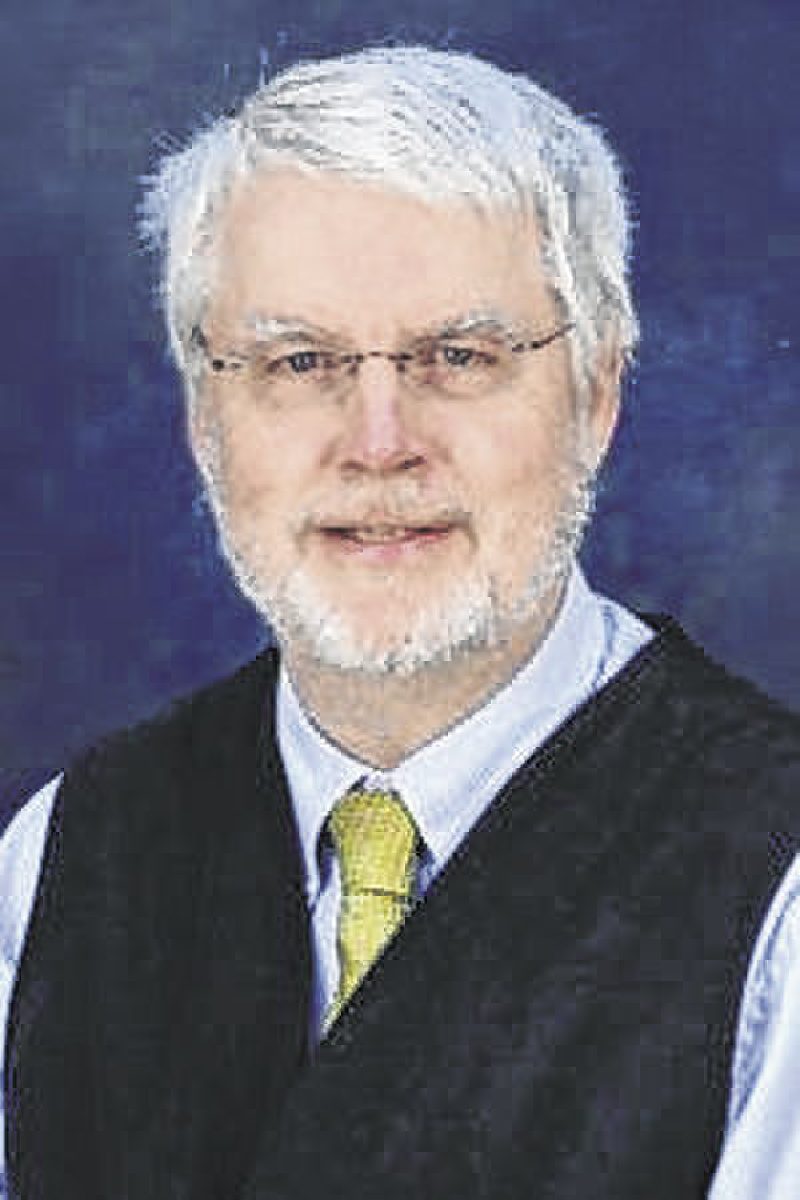When the deaths of George Floyd, Breonna Taylor, Ahmaud Arbery and Rayshard Brooks brought people around the world into the streets, I recalled something my father-in-law and favorite fishing buddy shared with me years ago.
He asked if I knew that lakes “turned over.” When I admitted that I didn’t, he described the summer conditions of a lake when the warm water is at the surface and the cold water lies deeper. As autumn advances and temperatures drop, the water at the surface slowly cools until it is cooler than the water lying deeper. That is when the deeper and now warmer water “turns over.” What was at the bottom is now at the top, and what was at the top is now at the bottom.
A final comment my father-in-law made was that this turning of the lake is disorienting for the fish.
In this Black Lives Matter moment, our nation and world are experiencing such a “turning over.” Even as the surface water in a lake slowly cools until one day the lake turns over, so it is not just the deaths of George Floyd, Breonna Taylor, Ahmaud Arbery, and Rayshard Brooks that have brought on this global awareness and rejection of systemic racism. No, the waters down under have been stirring since 1619, when the first slave was brought to the colonies.
Over the past 401 years, our country has seen heroes and martyrs, a civil war, movements and legislation bubble up from below the surface, but racism has shown a capacity to survive and adapt. Segregation, Jim Crow laws, the suppression of Black votes, unequal housing opportunities and mass incarceration of Black males—all that happened after Lincoln’s Emancipation Proclamation and much continues to exist long after the Voting Rights Act.
In a real sense, the “lake” representing American society has managed to avoid rolling over. But in the last decade, the bubbles of frustration and heat below the surface have risen at a rate that can’t be ignored. From Ferguson (Michael Brown) to Baltimore (Freddie Gray) to Texas (Sandra Bland) to Florida (Trayvon Martin) to New York City (Eric Garner) and, in the last weeks, to Minneapolis, Louisville and Atlanta, the protests have been growing along with the recognition that something is seriously broken in our country.
Some who enjoy life at the surface are quick to note that past protests, given time, tend to fizzle out. Yet, there are some moments in history that are tipping points, and many Americans, Black, Brown and White believe we are in the midst of one such moment.
It’s fairly clear from past op eds that songwriters for me often function as modern-day prophets. So while I could end with these lyrics by Bob Dylan—“Your old road is rapidly agin’. Get out of the new one if you can’t lend a hand”—I am drawn even more to this prayerful lament from Nina Simone: “I wish I knew how it would feel to be free.”
David Carlson of Franklin is a professor of philosophy and religion. Send comments to [email protected].




